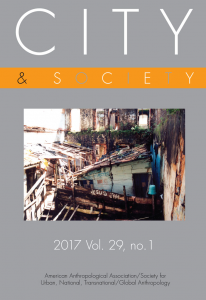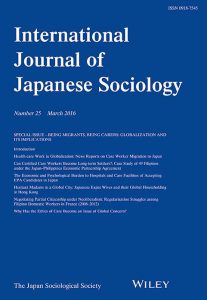Youth on the sidelines – What keeps protest sympathizers from joining social movements?
Youth activism seen around the globe shows that young people are interested in politics and push for social and political change. Recent studies contradict speculations about apolitical, disengaged, and politically uninterested youth. Instead, young people are interested in particular political issues and prefer participation in less hierarchically organized activism than previous generations (Miranda et al., 2020). At the same time, social media and online platforms have made the mobilization and documentation of protests much easier. Protest contents are streamed in...



















1468-0491/asset/society_affiliation_image.gif?v=1&s=859caf337f44d9bf73120debe8a7ad67751a0209)
